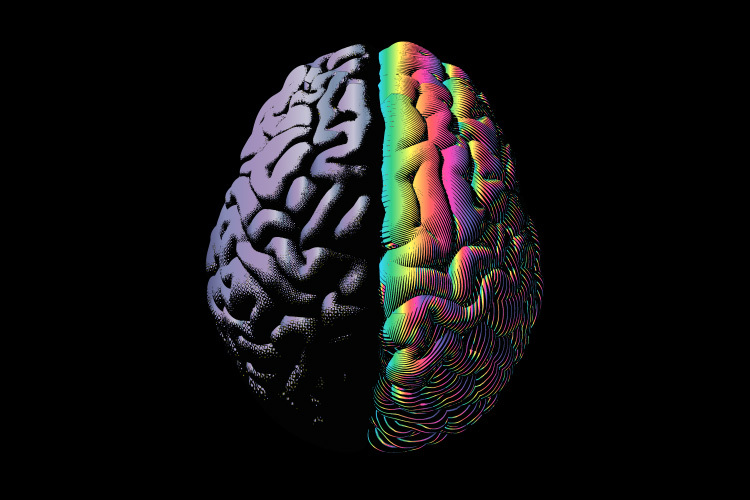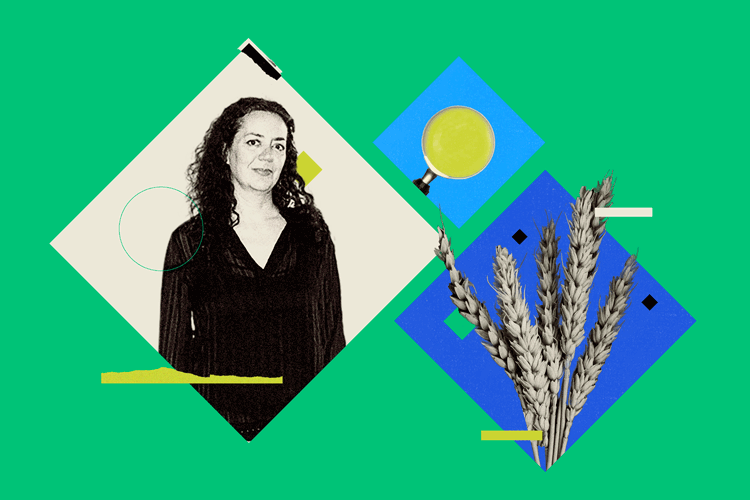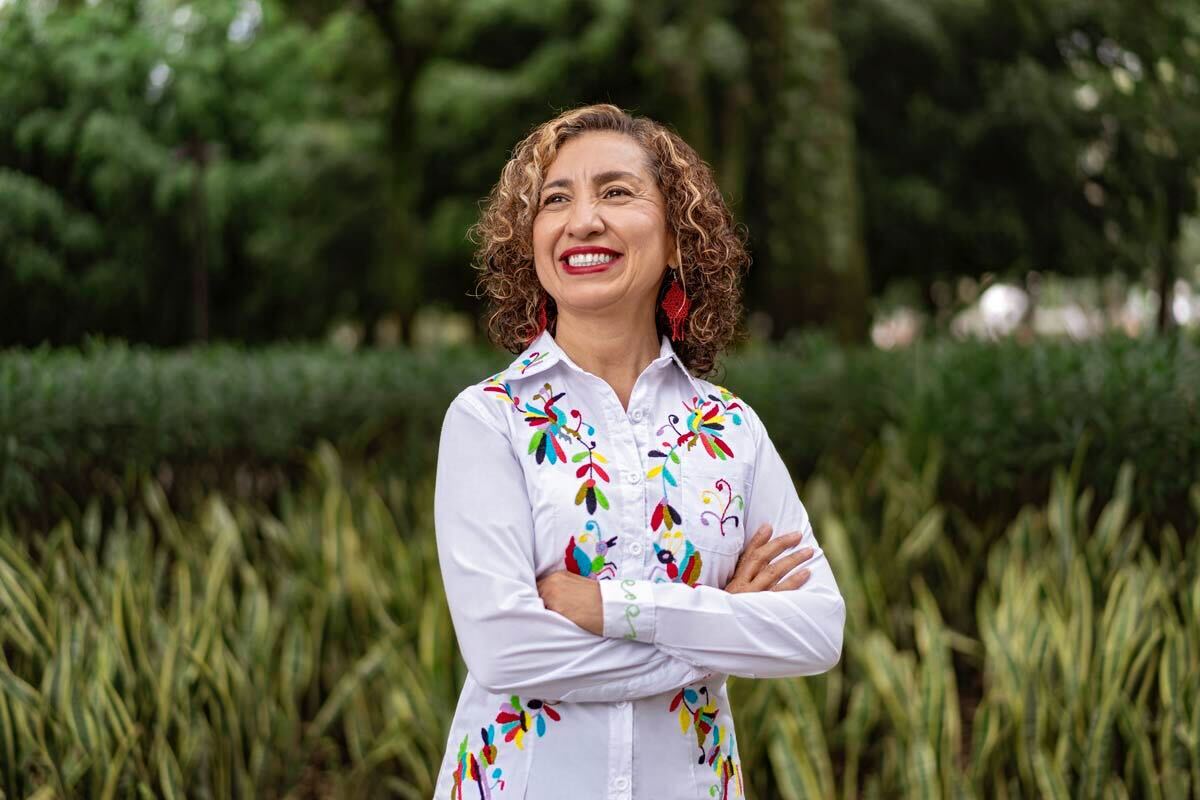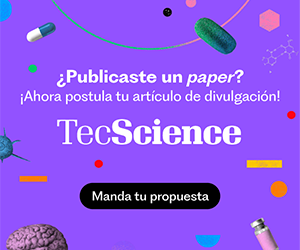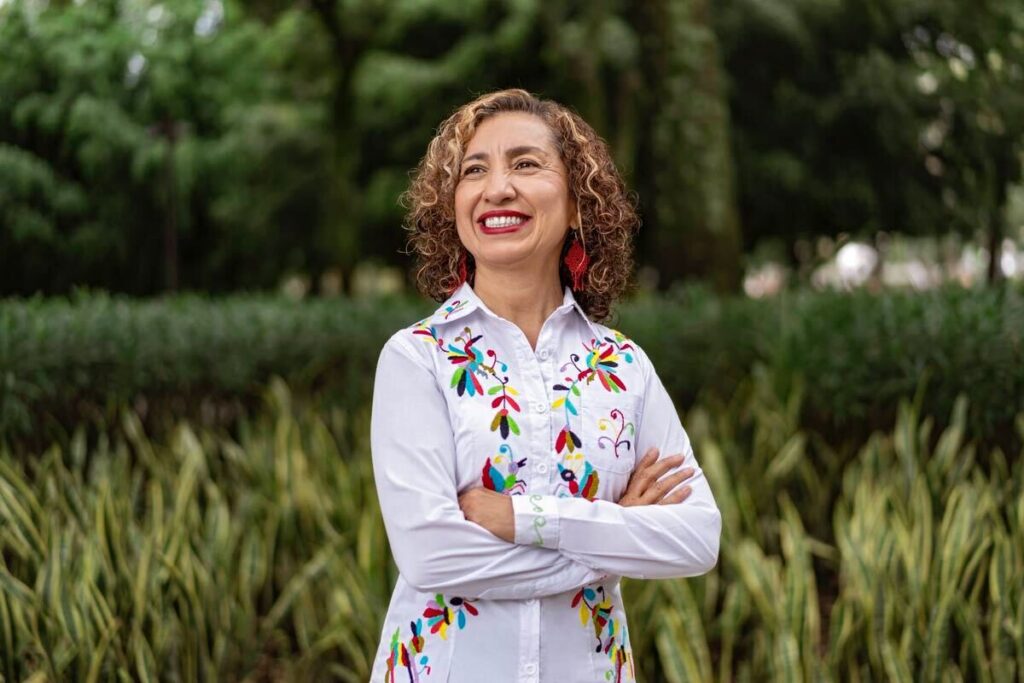Every year during June, different cities around the world dress themselves in rainbows to celebrate LGBTQI+ pride month.
However, “what would be desirable is for pride month to cause a profound change in the mindset of human beings who see heterosexuality as what is normal or expected,” says Nivardo Trejo, a non-binary professor conducting research at Tec de Monterrey’s School of Humanities and Education, in an interview with TecScience.
According to Trejo, the first step towards an equitable world would be acknowledging that non-heteronormative lives are just as worthy, important, and interesting. What’s more, people from this community need to be a part of all areas of humanity, including scientific research.
“We don’t have queer researchers who do research in queer terms and seek to vindicate these lives,” says Trejo. “So then we don’t have patents that make an impact on queer lives, for example.”
Queer science: an opportunity that is missing
In 2019, after concluding a master’s in gender studies, Trejo entered the world of queer scientific research. Their thesis explored the work of Mexican illustrators Félix D’Eon, Fabián Cháirez, Wonkamon, and Pierna Cruzada who question depictions of gender and hegemonic masculinity.
By illustrating homosexual desire, reimagining and queerifying figures from Mexican history, these authors propose a dissenting masculinity and gender identity that contrasts with the most popular Western comics, such as those from DC or Marvel.
“I read a lot as a kid, mainly comics, and I realized that there was a big debt, that I couldn’t feel represented by anybody I saw in them,” Trejo says.
According to Trejo, the fact that these illustrations circulate freely online and are exhibited in spaces such as the Bellas Artes Museum gives them political power by fostering dialogues that go beyond the heteronormative, paving the way for an inclusive and diverse society.
Realizing that those images were distributed online led Trejo to research queer digital communities as the topic for a PhD thesis on critical gender studies, which they will defend in September of this year.
Trejo has also explored the networks and practices of the Mexican ballroom community, which they belong to. This is one of multiple LGBTQI+ cultures in which members dance, vogue, pose, act and model drag costumes, among other things.
Trejo believes that the scant queer research being conducted around the world is a loss to science. “We could start to think about what things we’re missing, what knowledge we’re not seeing,” says Trejo.
This idea has also been expressed in other places, such as the Nature Careers Podcast from the journal Nature. In the episode “Science diversified: Queer perspectives on research,” two LGBTQI+ scientists discuss how different sexual and gender identities can drive and strengthen research by offering new perspectives.
Beyond one month a year
For Trejo, it would be best if visibility, inclusion, and representation of the LGBTQI+ community were extended beyond just one month a year.
The experience of doing investigation in queer terms led the researcher to realize that their way of presenting themselves to students in the classroom had been heteronormative. That’s why in 2021, Trejo decided to start teaching their class on Anthropology of the Body in drag attire.
To their surprise, the experience has been mostly positive, and students have been very open about their decision. “Students acknowledge, respect, and value me very much,” Trejo says. “I’ve felt freer and supported by my superiors, and I’m also beginning to see how students feel more confident about telling me their life stories.”
According to Mariana Gabarrot, who also teaches at the School of Humanities and Education with a specialization in gender studies, these kinds of steps are needed for representation of the LGBTQI+ community to be actionable and effective.
“The bet for visibility is important because this provides a frame of reference for new generations and opens up their panorama,” she says in an interview with TecScience.
Like Trejo, Gabarrot believes that pride month is important, as it concentrates visibility efforts and celebrates the lives of a community that has historically been oppressed, rejected, and discriminated against by society.
However, it is important to be cautious about popularizing the date as this could strip it of its symbolic meaning.
For her, the fact that brands or companies use a rainbow in their adds doesn’t mean real change. “What we have to do is analyze their diversity, inclusion, and hiring policies, as well as the conditions they offer LGBTQI+ people,” says Gabarrot.
Raising LGBTQI+ awareness at Tec de Monterrey
According to the professor, achieving real change requires us to disarticulate the relationship made between what is normal, natural, and good that has been used against the LGBTQI+ population by assuming that not being heterosexual is not normal and therefore is bad.
“Homophobia, lesbophobia, and transphobia consist of precisely that, constructing heterosexuality as the only way of existing in the world,” she says.
To contribute to this change, Gabarrot recently published her book El ABC del género [The ABC of Gender], which explains the concepts behind gender construction.
What’s more, she leads the strategic area of gender equality at the School of Humanities and Education, which encourages opening conversation on topics of diversity and inclusion between both students and professors, as well as researchers.
Within Tec, they also have the Office of Diversity and Inclusion, which belongs to the Center for the Recognition of Human Dignity. According to Mayra Rodríguez, national leader of the office, it aims to promote diversity and inclusion within the institution.
“Our major goal is to begin by recognizing our community’s diversity in order to guarantee it’s dignified representation,” she says in an interview with TecScience.
To achieve this, the office designs strategies, protocols, talks, content, and guidelines to foster a culture of equality and inclusion, and to raise awareness in Tec’s students, professors, researchers, and workers.
Trejo’s research, Gabarrot’s book and work, as well as the efforts of the Office of Diversity and Inclusion, are examples of how we can all be part of the change and contribute to the path towards a society that is diverse, inclusive, safe, and fair.
“I think that pride is a powerful word in terms of people being able to appreciate themselves when they’ve been taught to internalize self hatred,” says Trejo. “Looking after yourself, protecting yourself, and revaluing yourself, that’s what pride is really about.”
